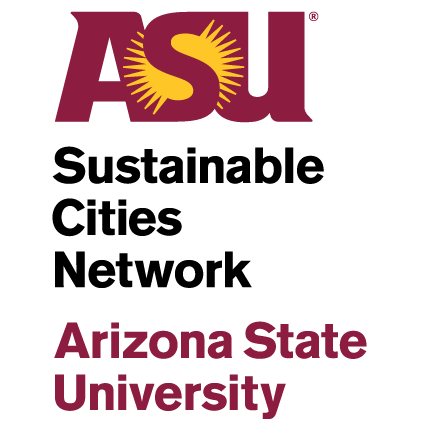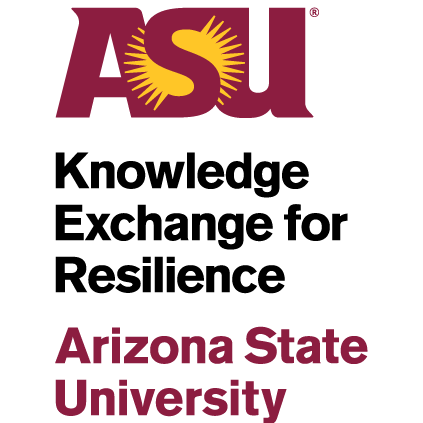Relationships to support the goals
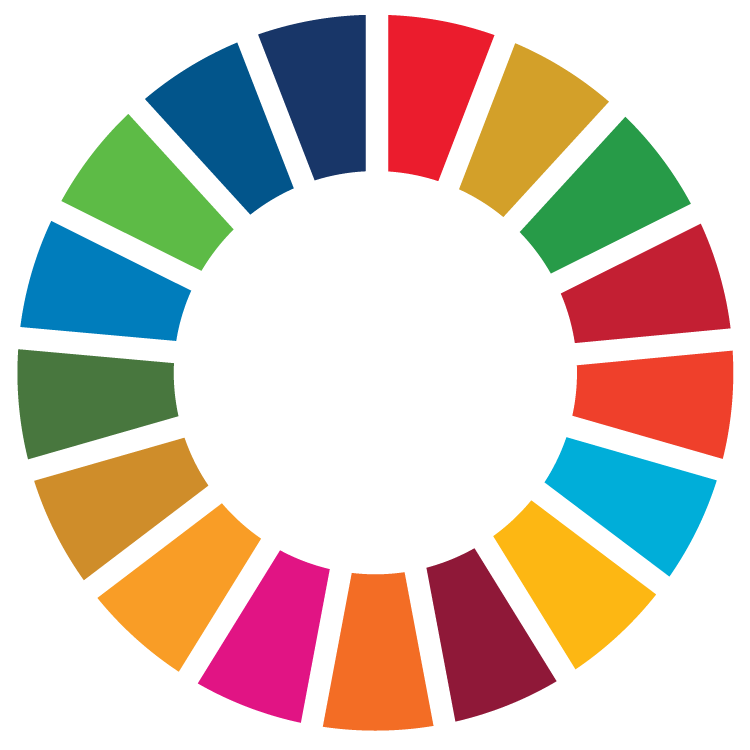
ASU engages with partners at the local, national and global level to support the SDGs through the fostering of sectoral dialogue, promotion of best practices, publication of relevant data, and by advocating for smart policies to address the challenges outlined in the SDGs.
ASU and National SDG Policy Development
ASU engages with multiple partners to provide input into state and national level policy on the SDGs.
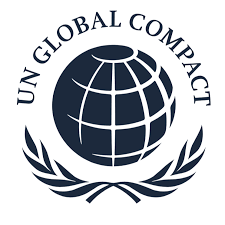
UN Global Compact
ASU Thunderbird School of Global Management is the official institutional and academic partner of the United Nations Global Compact, Network USA. ASU and Network USA bring together faculty and the larger ASU community for research, joint events, student projects and internships to supports the broader Global Compact member community through wide-ranging activities dedicated to achieving the SDGs.

Hawaii Green Growth Collective
ASU and the Hawaii Green Growth collective (which includes Hawai’i's governor, all four county mayors, and leading private sector and civil society CEOs) work collectively to promote the U.N. SDGs, including the Aloha+ Challenge, Hawai’i’s practical commitment to achieving sustainability. Hawai’i’s goals include advancing policy that addresses economic, social and environmental goals and achieving 100% renewable energy and carbon neutrality by 2045.

SDG 5 Training for Parliamentarians
ASU and a collective of global collaborators, including the Inter-Parliamentary Union, the World Bank, the Council of Women World Leaders, UN Women and more partnered to create 4 training videos designed to encourage heads of state and members of parliament to make meaningful change to discriminatory-level laws in advance of country reviews at the UN Human Rights Council. Training videos were created to support change on SDG 5 in the areas of laws, leaderships, women, peace and security, and violence against women and girls.
ASU Engages in Cross-Sectoral Dialogue
ASU works with a variety of international collaborators to lead and engage in cross-sectoral conversations addressing the challenges and solutions for the SDGs.
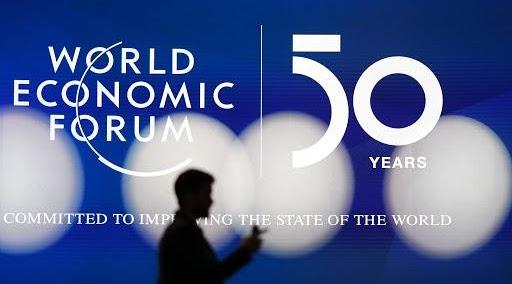
ASU Thunderbird at the World Economic Forum
Thunderbird School of Global Management engaged global leaders at the World Economic Forum in Davos Switzerland to discuss a variety of global challenges
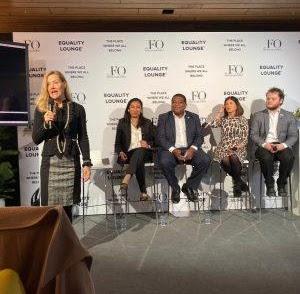
Amanda Ellis moderates World Economic Forum panel in Davos
2020 marks the 10th anniversary of UN Women and the Women’s Empowerment Principles. However, despite all efforts to date, no country in the world has completely achieved gender equality. Latest data from the World Economic Forum estimates it will take another 257 years to reach economic equality.

Global climate restoration task force launched to drive action
To catalyze and connect the mounting initiatives and reach the scale necessary for climate restoration efforts to realize their full potential, Thunderbird and The Foundation for Climate Restoration launched a new Global Climate Restoration Task Force at a high-level event at the World Economic Forum’s Annual Meeting in Davos, Switzerland, along with founding partners from the private sector, government, and civil society.
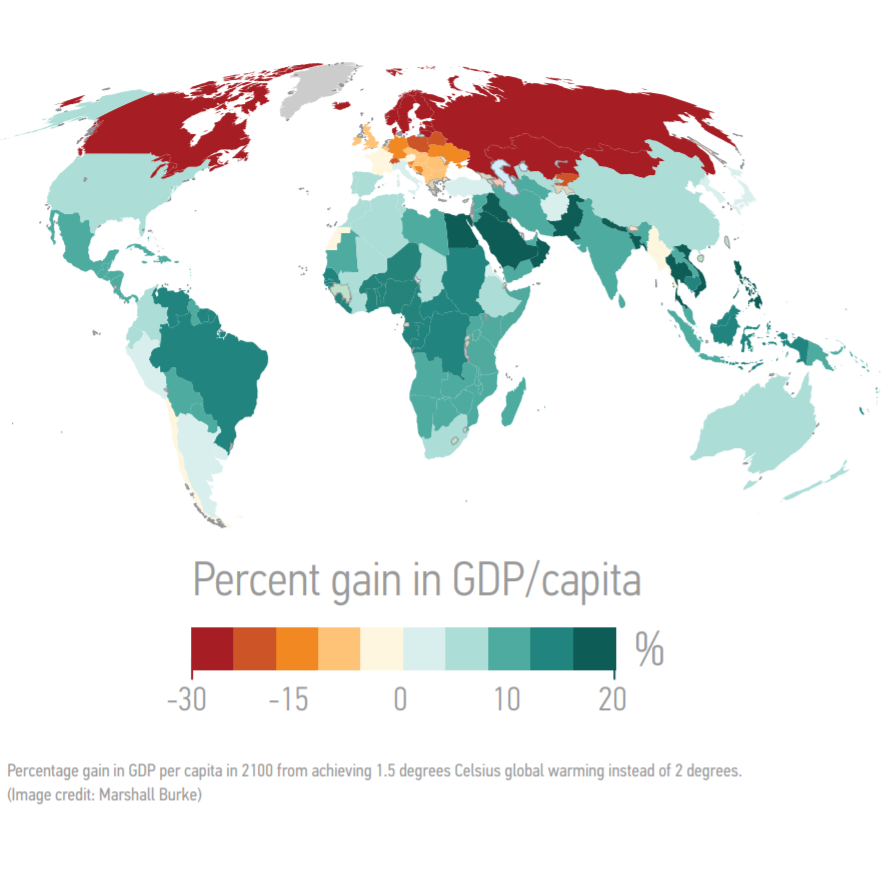
Khagram authors report on global climate restoration
Thunderbird School of Global Management released a new report, "Global Climate Restoration for People, Prosperity and Planet," projecting that the world can realize at least $1 trillion - $3 trillion dollars in market opportunities and $3 trillion - $5 trillion dollars in broader economic, social and environmental benefits per year by 2030. The paper was highlighted at the launch of the Global Climate Restoration Task force.
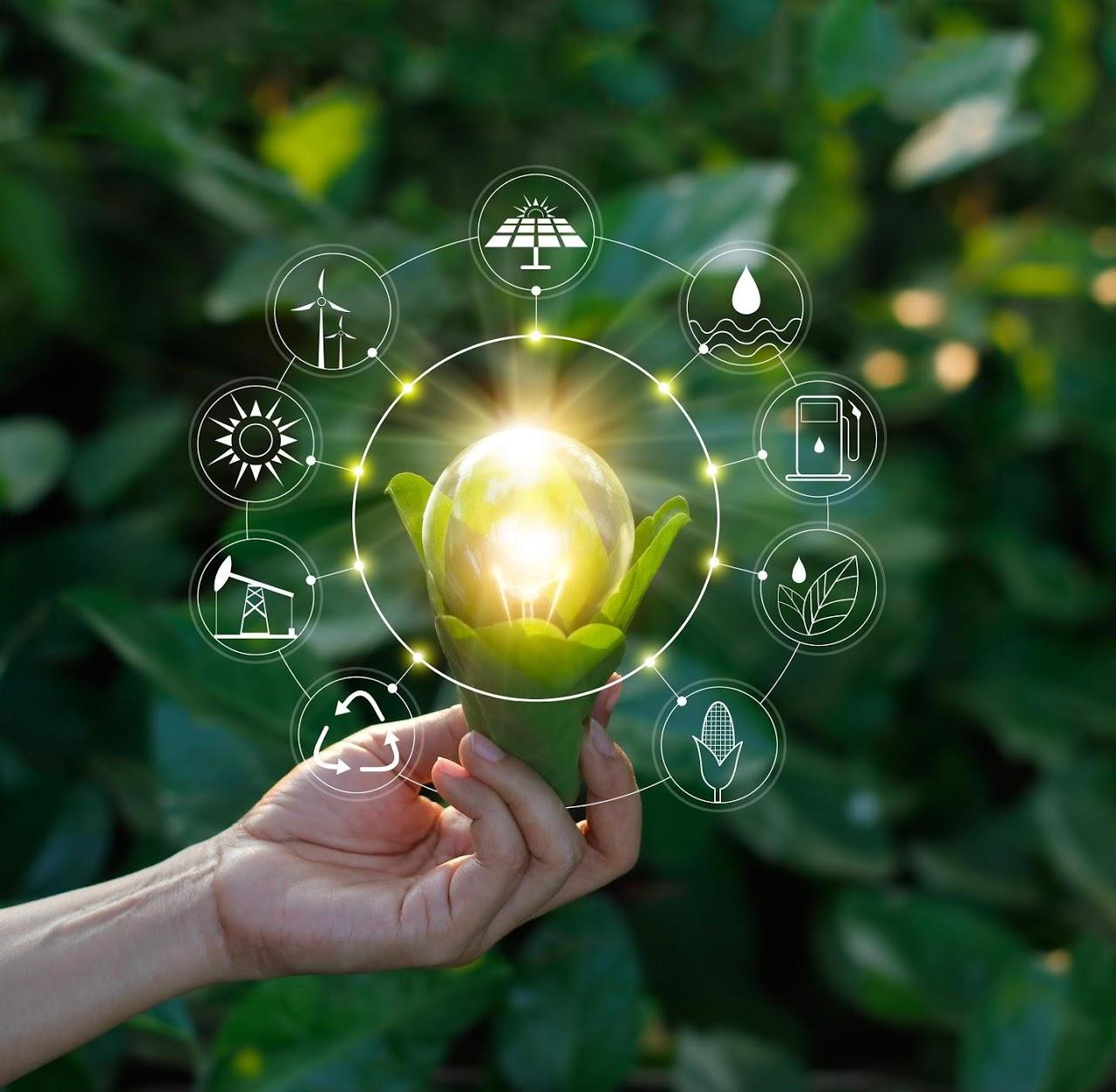
Thunderbird convenes top world leaders at Davos for conversations about climate
Leaders at Thunderbird School of Global Management and Arizona State University agree and are set to convene some of the world’s top leaders for conversations about the future of business and technology at the World Economic Forum’s 50th annual meeting in Davos, Switzerland.

ASU experts call for new approach to tech policy and governance
ASU and the World Economic Forum called for new and improved rules and laws, designed and delivered through a global, multi-stakeholder approach to managing the risks and benefits of technology worldwide with the publication of the white paper, "Global Technology Governance: A Multistakeholder Approach."
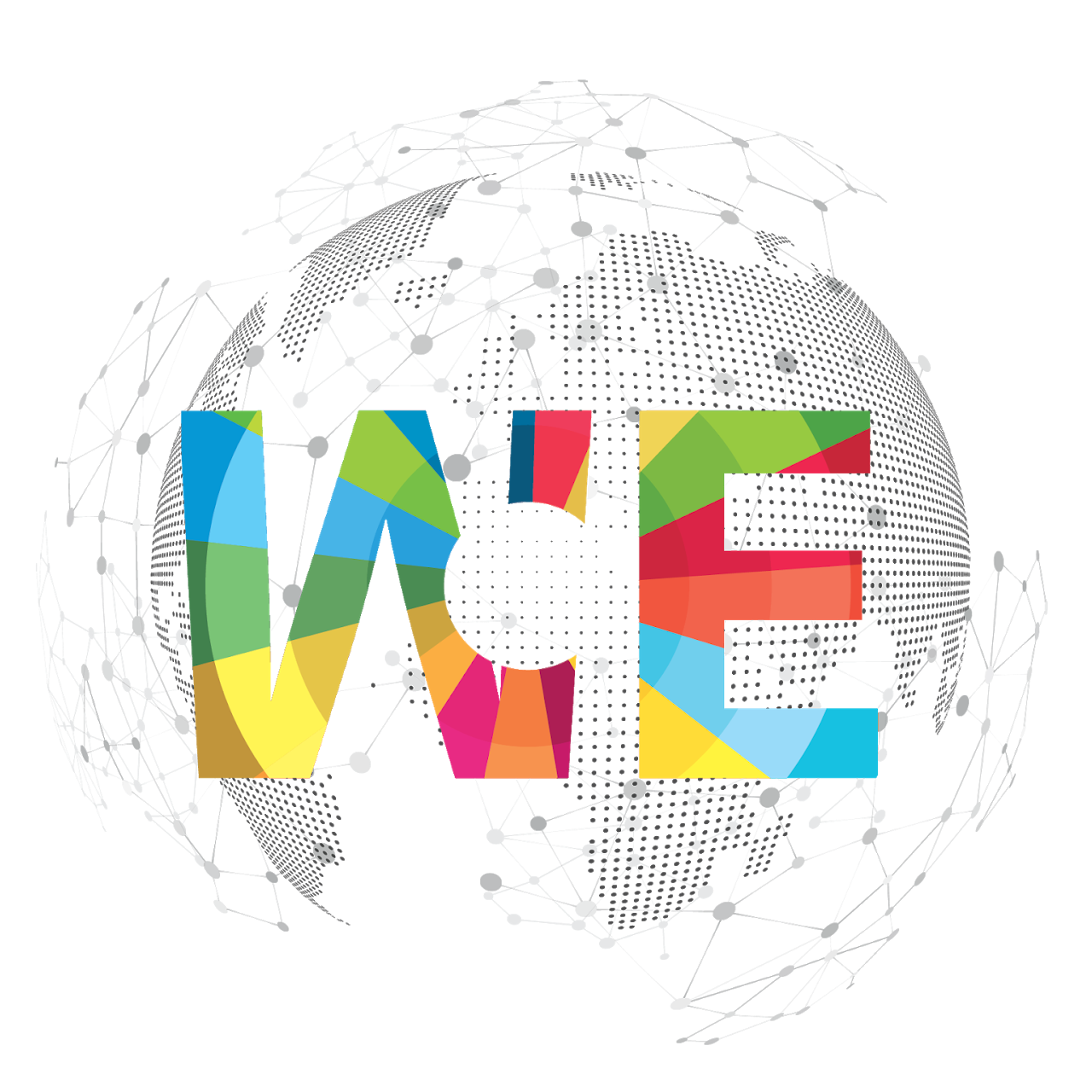
WE Empower Challenge
ASU continues to be the lead partner in the WE Empower Challenge, a global business competition for women entrepreneurs who are advancing SDGs and working towards the 2030 goals. Five awardees, one from each UN region are chosen and received an all-expenses paid trip to New York City, NY, during the UN Global Goals week to participate in a series of tailored trainings contributed by leading and supporting partners. While in New York, the winners engage in high profile events with UN Officials.

Target Gender Equality
ASU, including representatives from the Global Futures Laboratory and the School of Sustainability, EdPlus, and the Thunderbird School of Global Management participated in the launch of Target Gender Equality during United Nations General Assembly. ASU’s Amanda Ellis sits on the board of Target Gender Equality.
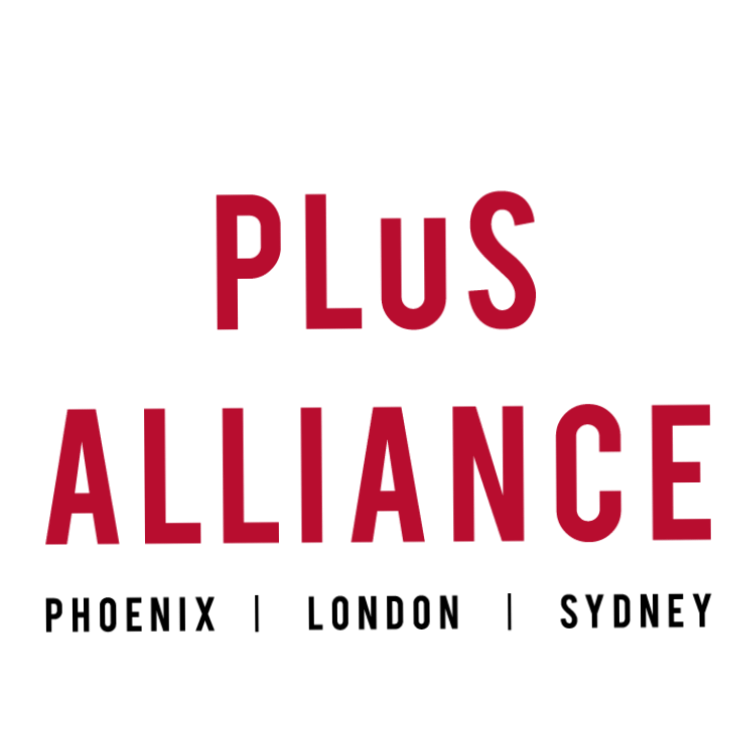
PLuS Alliance
ASU in partnership with King’s College London and UNSW (PLuS Alliance) brings together university, government and industry experts across 10 sectors for a series of month long, global working groups to identify challenges and recommend strategies to promote equity in women’s leadership (SDG5) and develop the action plan, "What will it take: Women in leadership by 2030."
International Engagement with Data for the SDGs
ASU has collaborated with global partners to collate and distribute data relevant to the SDGs.
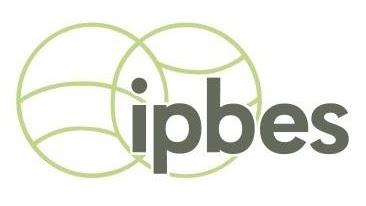
IPBES Global Assessment
The United Nations released a global assessment on biodiversity as part of the Intergovernmental Science-Policy Platform on Biodiversity and Ecosystem Services (IPBES) in 2019 and Arizona State University’s Leah Gerber, a professor in the School of Life Sciences, a senior sustainability scientist in the Julie Ann Wrigley Global Institute of Sustainability and founding director of the ASU Center for Biodiversity Outcomes, was one of the lead authors of the IPBES global assessment.
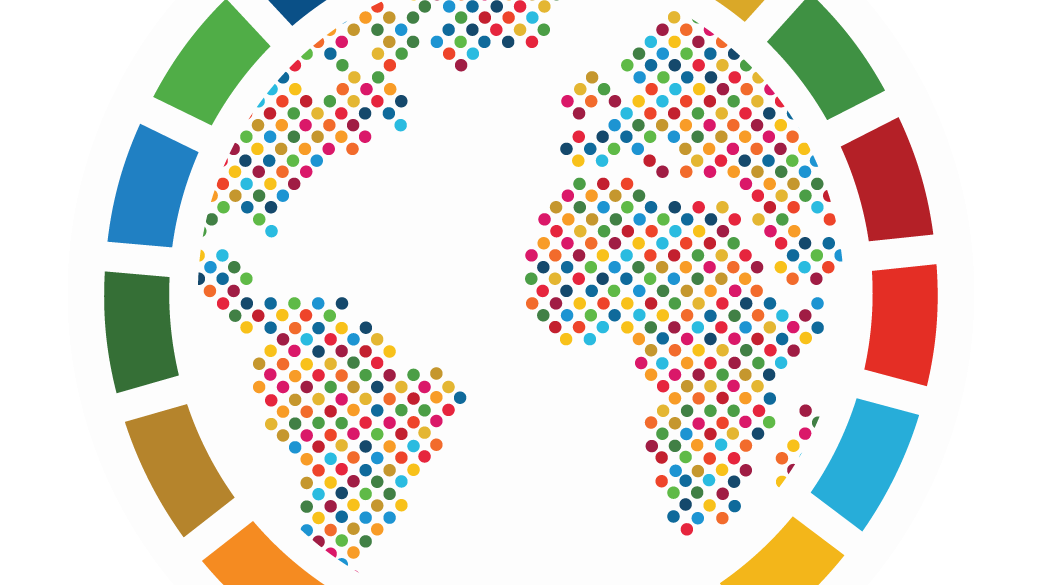
SDG Global Notification System
ASU has developed a first-of-its-kind Global SDG 5 Notification Tool. Using data provided by the World Bank’s Women Business and the Law program and the UN SDGs, the tool highlights progress towards eliminating discriminatory laws in advance of a UN Human Rights Council Universal Periodic Review.
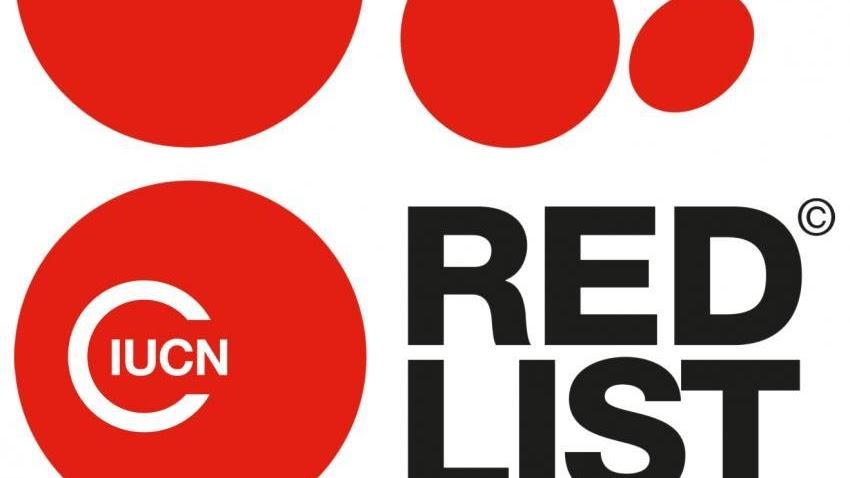
Global Red List of Ecosystems
ASU engaged with PLuS Alliance partner King’s College London in a workshop to develop ecosystem typologies for the new Global Red List of Ecosystems, an initiative of the International Union for the Conservation of Society (IUCN).

International Universities Climate Alliance
ASU joins PLuS Alliance partner UNSW in the International Universities Climate Alliance (IUCA), an alliance of top climate change researchers to provide a new international platform for universities to help accelerate the fight against climate change by providing governments, the public, media and industry with research based data on climate change science, impacts, adaptation and mitigation.
ASU’s International Collaboration to Develop Best Practices for SDGs
ASU engages with global partners to conduct research, utilize comparative approaches to develop and advocate for policies defining best practices in addressing SDG challenges.
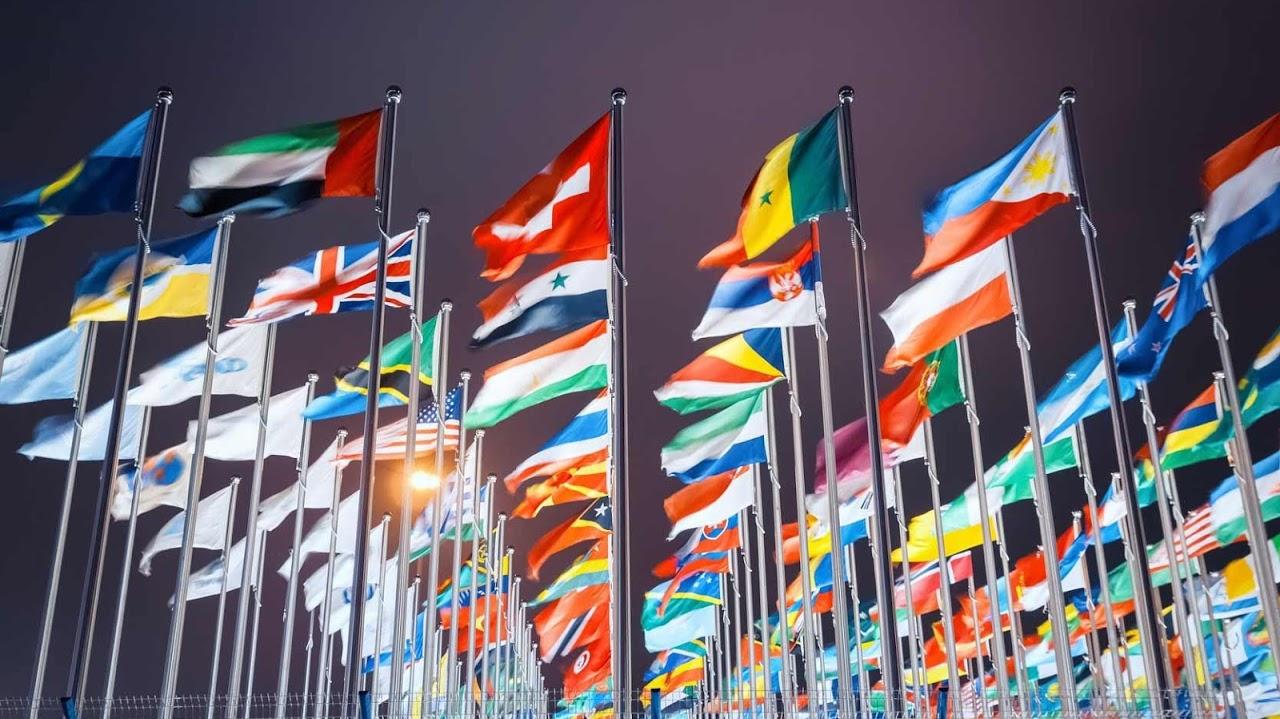
PLuS Alliance Knowledge-to-Action Framework
ASU researchers are working with partners through the PLuS Alliance (ASU, King’s College London and UNSW Sydney) to foster research focused on solving the global challenges identified in the UN’s Sustainable Development Goals. This international research collaboration brings together experts from around the globe to compare and evaluate approaches for local action to inform best practices globally to advance the SDGs.

IPBES Global Assessment
The United Nations released a global assessment on biodiversity as part of the Intergovernmental Science-Policy Platform on Biodiversity and Ecosystem Services (IPBES) in 2019 and Arizona State University’s Leah Gerber, a professor in the School of Life Sciences, a senior sustainability scientist in the Julie Ann Wrigley Global Institute of Sustainability and founding director of the ASU Center for Biodiversity Outcomes, was one of the lead authors of the IPBES global assessment.
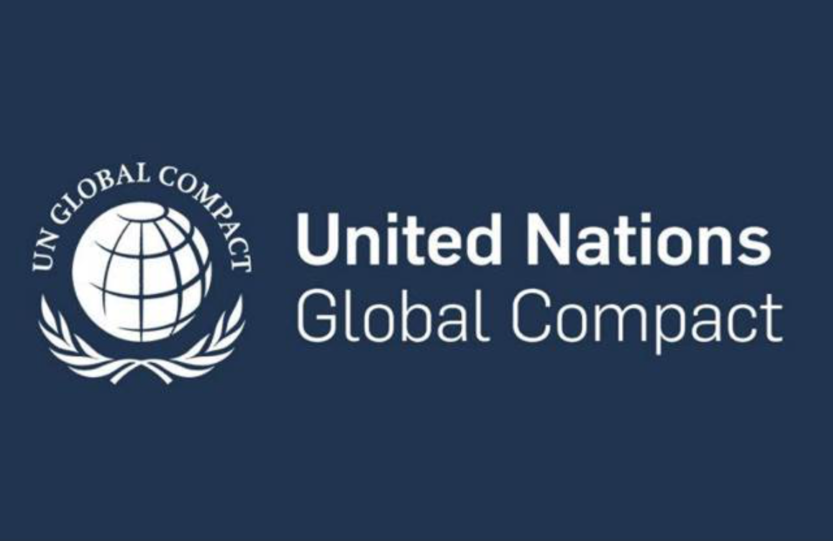
UN Global Compact
ASU Thunderbird School of Global Management is the official institutional and academic partner of the United Nations Global Compact, Network USA. ASU and Network USA bring together faculty and the larger ASU community for research, joint events, student projects and internships to supports the broader Global Compact member community through wide-ranging activities dedicated to achieving the SDGs.

International Universities Climate Alliance
ASU joins PLuS Alliance partner UNSW in the International Universities Climate Alliance (IUCA), an alliance of top climate change researchers to provide a new international platform for universities to help accelerate the fight against climate change by providing governments, the public, media and industry with research based data on climate change science, impacts, adaptation and mitigation.
ASU’s Collaboration with NGOs
ASU collaborated with NGOs domestically and globally to tackle the SDG through student engagement and volunteering, collaborative research programs of study, and the development of educational resources.
Walton Sustainability Solutions Service
Partnership of ASU with the Walton Family Foundation to develop use inspired knowledge to solve sustainability problems, educate leaders and implementers and engage people globally to innovate and take risks to create a more sustainable world.
Student Volunteer Match
Last year, ASU students contributed more than 1.8 million hours of service both on campus and with more than 70 nonprofit organizational businesses and NGOs off campus. ASU’s Volunteer Match program is run by Changemaker Central, which is committing to educating all student volunteers and organizations about the relevance and importance of their work to the SDGs.
Educational Resources: Virtual Field Trips
Arizona State University sustainability scientists Rimjhim Aggarwal and Ariel Anbar were recently awarded a grant that enables the professors to pilot a project that will train students to create virtual field trips as a way to narrate their own place-based stories regarding the United Nations Sustainable Development Goals (SDGs) and share with peers globally to motivate youth action.
Global Educational Resources: SolarSPELL
The ASU SolarSPELL initiative works with NGOs and nonprofits to provide access to learners globally by providing localized educational information and the training to build 21st century skills in offline environments.
Educational Resources: Study Abroad for Sustainability
ASU has partnered with NGOs, businesses and governments to develop study abroad programs and associated educational resources focused on sustainability and the SDGs. In 2019, sustainability study abroad programs were offered in 17 countries.
